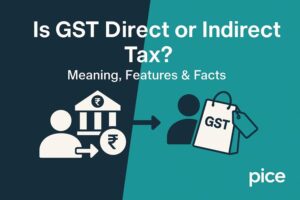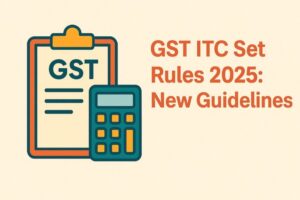GST Input Tax Credit on Air Conditioner
- 4 Sep 24
- 7 mins
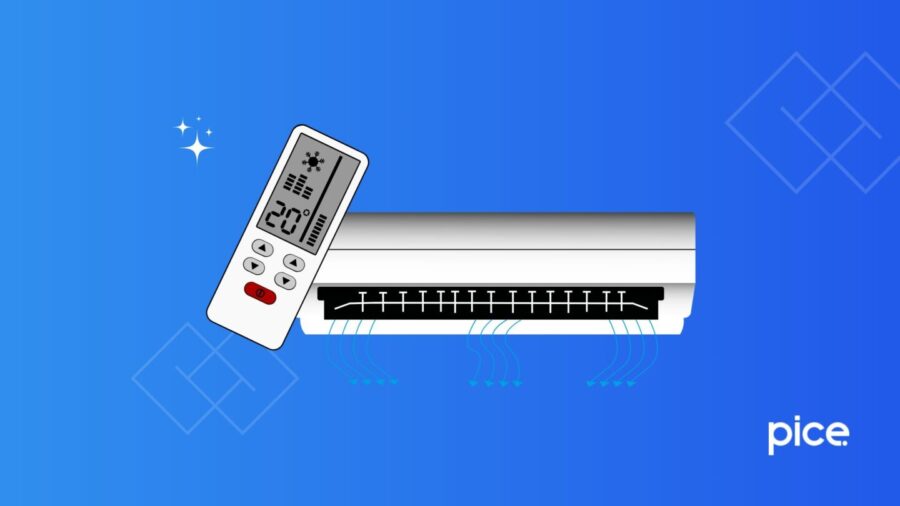
GST Input Tax Credit on Air Conditioner
- GST on Air Conditioners: AC HSN Code and GST Rate
- How Did the Prices Change After GST on Air Conditioners?
- Applicability of GST on Air Conditioners
- What Is the Value of Supply to Compute GST on Air Conditioners?
- What Is the GST Rate and HSN Code Applicable to Air Conditioners?
- Availability of ITC on Air Conditioners and Reversal
- Note About GST on the Import of Air Conditioners
- Availability of GST Exemptions
- Impact of GST on Air Conditioners' Prices
Key Takeaways
- 28% GST on ACs: Air conditioners are taxed at 28% under HSN code 8415 as luxury goods.
- Price Impact: GST increased the overall tax rate on ACs to 28%, slightly raising prices while eliminating cascading taxes.
- ITC Eligibility: Businesses can claim ITC on ACs if used for business purposes, unless restricted by Section 17(5) of the CGST Act.
- GST Calculation: GST on ACs is calculated on the transaction value, including product and installation costs.
- No Exemptions: No GST exemptions are available on ACs, and import duties further raise costs for imported units.
The Goods and Services Tax (GST) has significantly changed tax management. One of the key features of GST is the Input Tax Credit (ITC) mechanism, which allows eligible businesses to claim credit for the tax paid on inputs in firms.
When it comes to air conditioners, businesses need to understand the GST Input Tax Credit on air conditioners as it could affect the tax burden.
In this blog, we will discuss the applicable rates of GST and AC HSN Codes, the impact of GST on air conditioners, its applicability and other relevant details.
GST on Air Conditioners: AC HSN Code and GST Rate
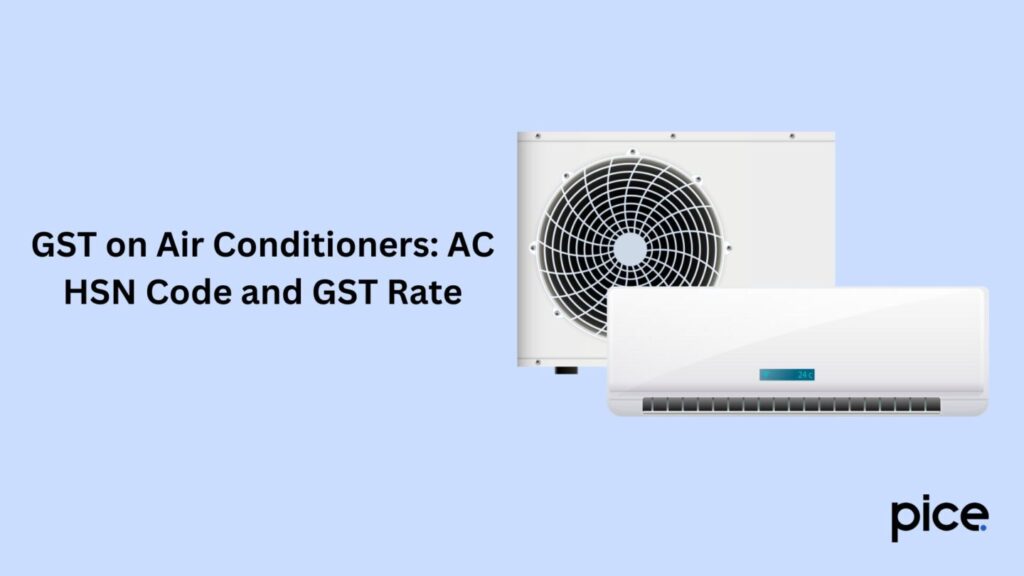
As per GST regulations, both the supply of air conditioners and their installation are considered taxable. The supplier of air conditioners mostly provides installation services. The AC HSN Code in India is 8415 (code) and the applicable GST rate is 28%. Although the GST rate on many electronic appliances has decreased with time, the taxable rate on ACs has remained constant.
How Did the Prices Change After GST on Air Conditioners?
Before the implementation of GST, air conditioners were charged at a maximum rate of 27%. GST has led to an increase in the tax rate, and ACs are now taxed at a uniform rate of 28%. Let us take a look at the table below to understand how the prices changed after GST on air conditioners:
| Particulars | Pre-GST Rate | Post-GST Rate |
| Cost of Manufacturing | ₹60,000 | ₹60,000 |
| Excise Duty (12.5%) | ₹7,500 | NA |
| Production Cost | ₹67,500 | ₹60,000 |
| Transportation Cost | ₹5,000 | ₹5,000 |
| Value Addition Costs | ₹5,000 | ₹5,000 |
| Cost of Product | ₹88,350 | ₹89,600 |
| Value Added Tax (14%)/GST (28%) | ₹10,850 | ₹19,600 |
Applicability of GST on Air Conditioners
There are 4 GST slabs under the Goods and Services Tax regime: 5%, 12%, 18% and 28%. The tax rate of 5% applies to all essential goods. The applicable tax rate on standard goods ranges between 12 to 18%. 28% is charged for luxury goods, like AC.
What Is the Value of Supply to Compute GST on Air Conditioners?
The value of supply is the value of the transaction or the transactional value, which is taxable under GST. This includes transfer, sale, lease, exchange, disposal and rental. Therefore, tax is charged at the price that you are liable to pay for goods or services.
Air conditioners are composite supply, which involves the value of the supply and the installation charges. Here, the value of supply = is the value of sale + charges of installation.
What Is the GST Rate and HSN Code Applicable to Air Conditioners?
The rate of GST on air conditioners is 28%. Here’s a table which shows the applicable HSN code on ACs:
| HSN code | Description |
| 8415 | AC with a motor fan for altering humidity and temperature |
| 841583 | Not incorporating a refrigerating unit |
| 84158310 | Split AC with 2 tonnes and above capacity and not incorporating a refrigerating unit |
| 84158390 | Others (not incorporating a refrigerating unit) |
Availability of ITC on Air Conditioners and Reversal
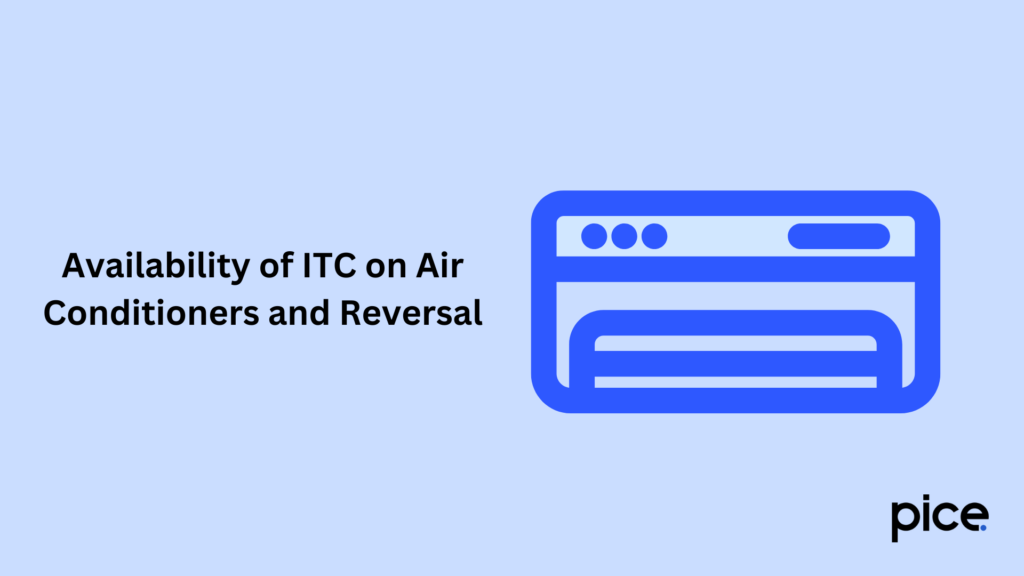
Every registered person under Goods and Services Tax is eligible to claim an Input Tax Credit on the purchase of goods and services that are used in the course or furtherance of business. Section 17(5) is an exception that restricts a person from claiming ITC on goods that are used by a taxable person for the construction of an immovable property, other than plant and machinery.
Air conditioners are not immovable property. Although they are installed on walls, they can be re-attached to different walls or locations.
It is important to remember that a centralized air conditioning and cooling system is considered a plant and machinery. Therefore, you are required to book the AC cost as plant and machinery separately without including it in the cost of building. If an AC was used for business purposes, you are eligible to claim Input Tax Credit.
If there are both taxable and exempt goods undersupplied, then as per Rule 42 and Rule 43 of CGST rules, ITC reversal is applicable.
Note About GST on the Import of Air Conditioners
A highly important duty is set on ACs by governments to encourage the sale of local goods. Here is a list of applicable import duties:
- Basic customs duty: 20% of the assessable value
- IGST: 28% of the assessable value + BCD
- Social welfare surcharge: 10% of the assessable value + BCD + amount of IGST GST Services
Availability of GST Exemptions
Presently, there are no exemptions available under Goods and Services Tax on sale transactions of ACs.
Impact of GST on Air Conditioners' Prices
Before the implementation of the Goods and Services Tax, the tax rate of air conditioners ranged between 12.5% and 14.5%, varying between states. Additionally, excise duty and cess of 12.5% were applicable, which led to a total of 27% tax. Since the implementation of GST, the tax rate of 28% is applicable. This includes 14% CGST and 14% SGST for intrastate transactions and 28% IGST for interstate transactions. Although this led to a slight increase in the price of products, it eliminated the cascading effect of taxation.
Conclusion
If the air conditioner is used as a fixed asset in the course of business and is not excluded under Section 17(5) of the CGST Act, you can claim an Input Tax Credit. However, if the AC is used for personal use, you cannot claim ITC.
Businesses should therefore be aware of the eligibility criteria of GST Input Tax Credit on air conditioners, to make an informed decision and ensure tax compliance.
💡If you want to pay your GST with Credit Card, then download Pice Business Payment App. Pice is the one stop app for paying all your business expenses.
 By
By 






